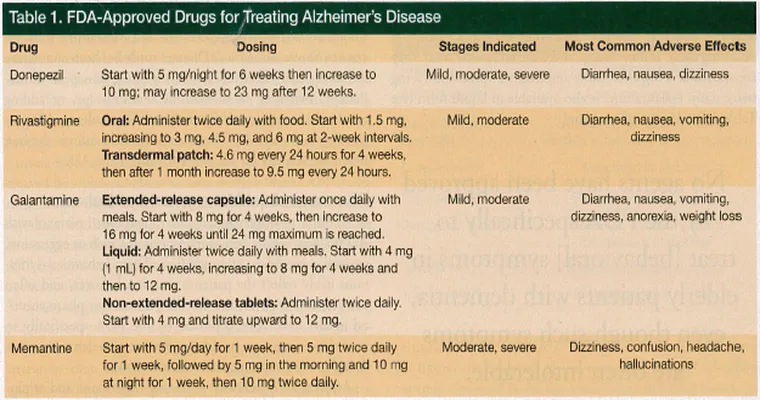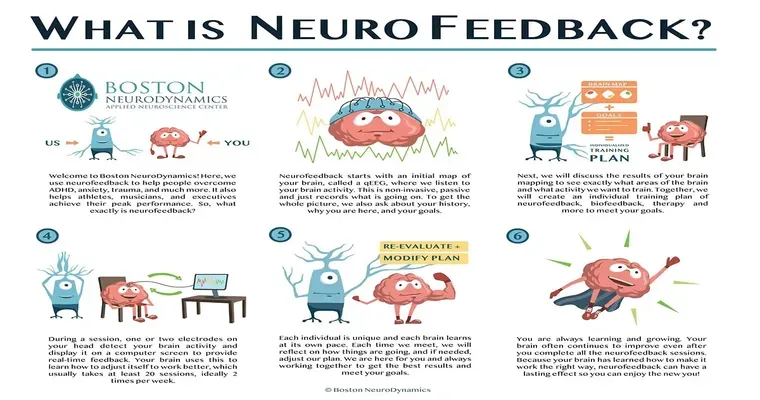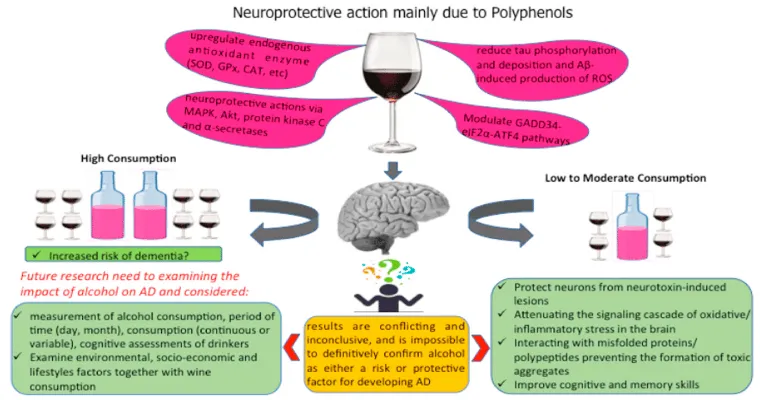Alzheimer's disease is a progressive neurological disorder that affects millions of people worldwide. As a leading cause of dementia, it can significantly impact cognitive functions, memory, and daily activities. Various "medications" are available to help manage the symptoms of Alzheimer's disease and improve the quality of life for patients. This article will explore the primary classes of "medications used to treat Alzheimer's disease", focusing on how they work and their potential benefits.
Cholinesterase Inhibitors
One of the most common classes of medications prescribed for Alzheimer's disease is "cholinesterase inhibitors". These drugs work by increasing levels of acetylcholine, a neurotransmitter associated with memory and learning. By preventing the breakdown of acetylcholine, cholinesterase inhibitors can help improve cognitive functions in some patients. The most widely used cholinesterase inhibitors include:
"Donepezil" (Aricept): Approved for all stages of Alzheimer’s disease, donepezil can help improve or maintain cognitive function and daily living activities.
"Rivastigmine" (Exelon): Available in both oral and transdermal patch forms, rivastigmine is used to treat mild to moderate Alzheimer's disease.
"Galantamine" (Razadyne): This medication is also approved for mild to moderate Alzheimer's and works by enhancing the release of acetylcholine.
NMDA Receptor Antagonists
Another class of medications used to treat Alzheimer's disease is "NMDA receptor antagonists". These drugs help regulate the activity of glutamate, a neurotransmitter that can be harmful in excessive amounts. By modulating glutamate levels, NMDA receptor antagonists can help prevent further neuronal damage. The most commonly prescribed NMDA receptor antagonist is:
"Memantine" (Namenda): This medication is typically prescribed for moderate to severe Alzheimer's disease and can help improve cognitive function and daily living skills.
Combination Therapy
In some cases, healthcare providers may recommend a combination of medications to enhance treatment efficacy. For instance, a patient may be prescribed both a cholinesterase inhibitor and memantine. This approach may offer a more comprehensive management plan, addressing the symptoms of Alzheimer's disease from different angles.
Other Treatments and Supportive Therapies
While medications play a crucial role in managing Alzheimer's disease, they are often most effective when combined with non-pharmacological treatments and supportive therapies. Cognitive stimulation therapy, physical exercise, and social engagement can all contribute positively to a patient’s mental and emotional well-being. Additionally, caregivers should consider resources and support systems to help manage the challenges associated with caring for someone with Alzheimer's.
Conclusion
The landscape of "medications used to treat Alzheimer's disease" continues to evolve as research advances. While there is currently no cure for Alzheimer’s, the available medications can help manage symptoms, potentially prolonging cognitive function and improving quality of life. It is essential for patients and caregivers to work closely with healthcare professionals to determine the most appropriate treatment plan tailored to individual needs. By staying informed about treatment options and supportive therapies, those affected by Alzheimer's disease can navigate this challenging journey with greater understanding and support.





